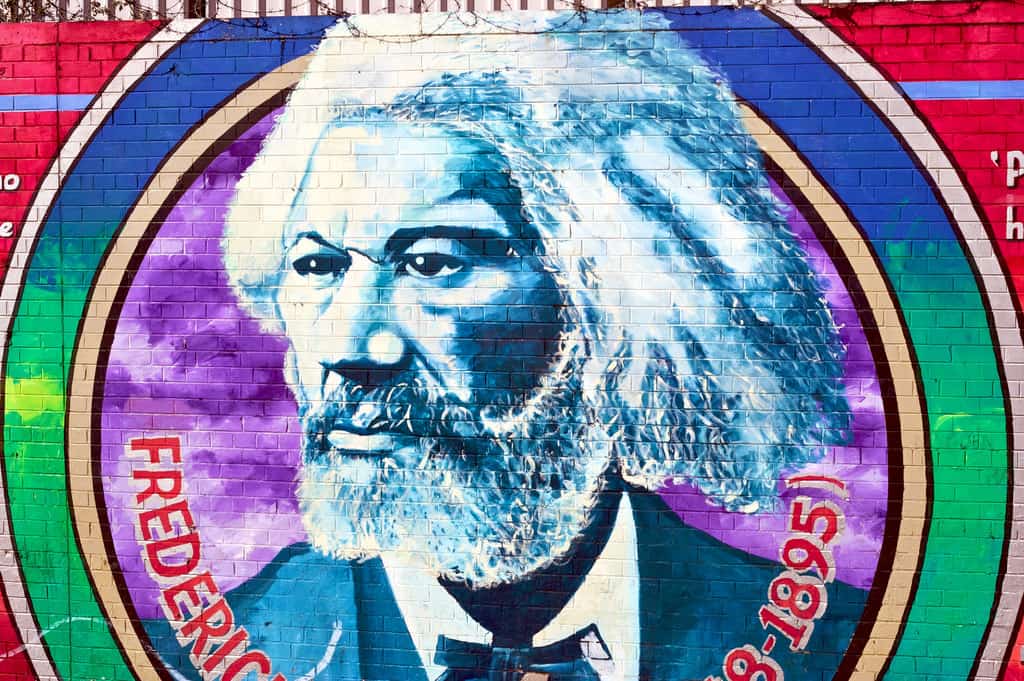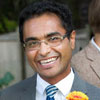In the middle of a heated debate about healthcare, I find myself in the Capitol building on a guided tour of the House of Representatives. Amidst the hordes of summer tourists, I walk through the halls of Congress with one intent: to witness the opening of the day’s session in the House. Sitting in the gallery above the floor where House legislation is debated, I wait hoping that I might see famous Congressional leaders or hear impassioned appeals for reforms that might help the poorest Americans.
Instead, I see business as usual – Speaker of the House Paul Ryan walks into the room – almost empty, bangs a gavel on the desk and declares the day is in order. The chaplain gives an opening prayer, and Ryan walks out after. I immediately am filled with anger: I guess I had an unrealistic expectation that I would be witnessing important deliberations about health care reform. Why can Ryan so easily walk out the door and not listen to cries for affirming a basic human need?
Like many other media outlets, I am left wanting to deny his very humanity and turn him into a demon to throw away.
***
Frederick Douglass has recently made a comeback into American politics. A speech of his that never gets old is his treasured 1852 speech entitled “What to the Slave is the 4th of July?” In this speech, Douglass depicts the existential anguish experienced by the African-American slave: on the one hand, not unlike our celebrations this year, he watched the country celebrate the victory of the free world where persons are promised life, liberty, and the pursuit of happiness. Yet, amidst this celebration, all he can do is mourn:
I say it with a sad sense of the disparity between us. I am not included within the pale of this glorious anniversary! Your high independence only reveals the immeasurable distance between us. The blessings in which you, this day, rejoice are not enjoyed in common. The rich inheritance of justice, liberty, prosperity, and independence bequeathed by your fathers is shared by you, not by me. The sunlight that brought light and healing to you has brought stripes and death to me. This Fourth of July is yours, not mine.
What he means is that, for he and other African-American slaves, the Fourth of July did not apply because they lacked that very life, liberty, and the pursuit of happiness freely given to certain members of the population. Calling for society to end the enslavement of some for the economic benefit of others, Douglass passionately spoke that this would give July 4th credibility.
But, as Douglass saw and experienced, his humanity was stripped so that others might use him and others as a form of chattel.
***
Today many will celebrate the 4th of July by watching fireworks as we grill hotdogs and hamburgers with family and friends. We ritually remember how many people gave their lives so that we can enjoy life, liberty, and the pursuit of happiness today. We feel patriotic – a pride in our country and for those who help support it.
But to be truly patriotic, we cannot simply take for granted the precious gifts of life, liberty, and the pursuit of happiness. We must also ask ourselves what it means to be given those three grand gifts guaranteed in our Declaration of Independence:
- Life: What does it mean to be truly alive? What do we need to ensure that? Whose life matters? How do we live together?
- Liberty: What is true freedom? How do we protect that from threats – internal and external, personal and societal?
- The Pursuit of Happiness: What is happiness? Is that happiness dependent on how much others have? How do we know when we’ve found it? How do we ensure that pursuit is as equitable as possible?
Said another way, part of being truly patriotic is to ask ourselves if our actions and structures as individuals and communities prioritizes human persons. This means asking the question about our feelings and actions towards others, and our culture and social mechanisms. Do we or our social and cultural arrangements restrict others from fully actualizing themselves as persons? Do we restrict their happiness – or worse, demean their humanity in service of ourselves?
For example, slavery took away the humanity of many African-American men and women. Though slavery has ended, its legacy is a sin that continues to affect the black community today through racialized social policies and segregated neighborhoods.
In my own way this week, I too have refused to acknowledge the humanity of another when I attempted to strip it away from Congressman Ryan. My own attachment to disagreements with Ryan tempted me to dismiss him as less-than-human, and thus readily disposable. But arguably, so has Ryan: in continuing to push for health care “reform” that strips insurance coverage away from literally millions of Americans, his plan deems the most vulnerable in our society disposable too.
The Fourth of July asks us to be truly patriotic. It asks us to build a community where all persons – including those who differ from us – are able to be truly free and thriving persons. True patriotism is opposed to drawing us-versus-them lines. Instead, true patriotism involves asking for forgiveness for our own complacency and blatant sinfulness. It means challenging our culture, our communities, and our institutions to be less sinful and more loving. That means recommitting to seeing all persons as part of our community and none worth disposing of – even when we don’t like their ideas or think their lives are too expensive. To live that challenge, I must start with myself. I must see others as fully equally human, worth loving, worth being prayed for, and worth having a full life of freedom and happiness.
If we commit to this, we may begin to live truly patriotically. If we do not see the challenge that patriotism presents us with, however, using it instead to feel good about ourselves, then we may find ourselves yet again blind to the work of freedom yet to be wrought.
***
Image courtesy FlickrCC user Gareth Sloan.


